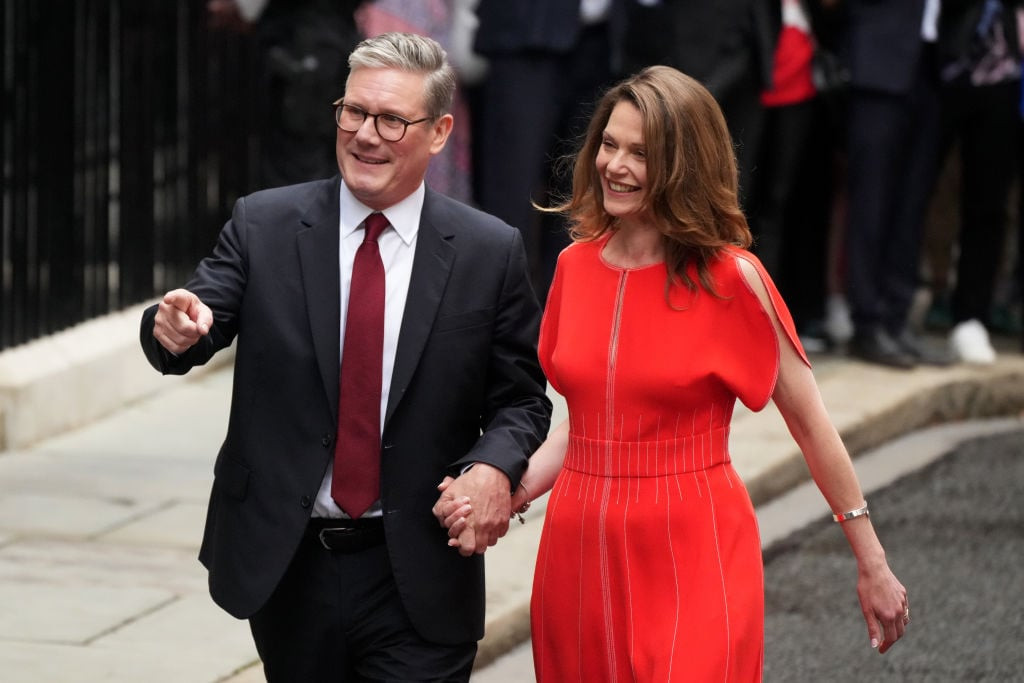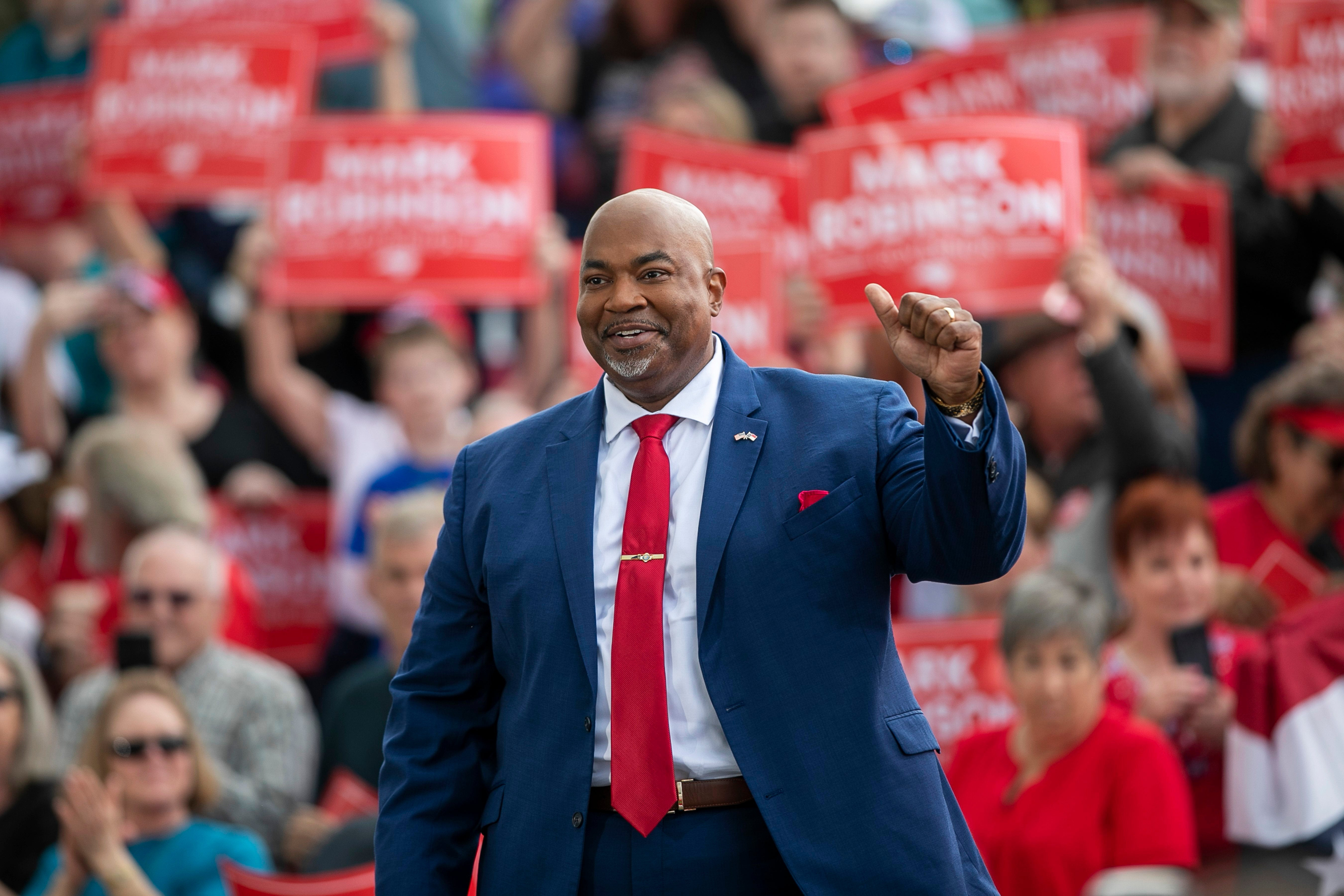Keir Starmer has not yet reached the 100-day mark but already he has lost his Chief of Staff. This afternoon, Downing Street has confirmed that Sue Gray is leaving her No. 10 role. Instead, she will be taking on an ‘advisory’ role as the Prime Minister’s envoy for nations and regions. In a statement announcing her departure, Gray referenced the media attention she had received as one of the reasons behind her decision to quit:
It has been an honour to take on the role of Chief of Staff, and to play my part in the delivery of a Labour government. Throughout my career my first interest has always been public service. However, in recent weeks it has become clear to me that intense commentary around my position risked becoming a distraction to the government’s vital work of change. It is for that reason I have chosen to stand aside, and I look forward to continuing to support the Prime Minister in my new role.
Starmer has also issued a statement – thanking Gray for her work that has let him get ‘started on our programme for change.’ He added that he looked forward to work with her in her new role ‘strengthening our relations with the regions and nations.’
The Resignation and its Implications
Yet despite Starmer’s warm words about Gray’s new position, the news of her departure is both embarrassing and problematic for the new government. Even before Labour’s election win, there have been multiple reports of tension between Gray and members of Starmer’s team. Initially this was largely seen as Gray vs Morgan McSweeney, the party’s key strategist. However, since entering government the number of Gray opponents has increased and the former civil servant has found herself butting heads more generally with party figures, special advisers angered over pay and members of the civil service. Recent rows over freebies and Labour sleaze have added to a sense that the current operation was not working.
The number of hostile briefings against Gray has made it hard for Downing Street to bat away the story as simple Westminster gossip. A briefing to the BBC last month which saw the size of her salary leaked (she earns more than the Prime Minister) was just one in a series of stories that made her position increasingly untenable. Her absence at party conference was evidence that she had become the story – a dangerous place for any unelected aide to be. As I wrote in this week’s magazine, there has been a general sense among cabinet ministers that the dysfunction in 10 Downing Street was having knock on effects across Whitehall.
The Rise of Morgan McSweeney
The hope in Downing Street is that Gray’s exit along with a raft of new appointments will put a stop to the rot and allow Starmer to reset. Succeeding Gray is Morgan McSweeney. This move will be popular with parts of the Labour party – many aides thought he should have had the job to begin with. However, it also risks looking as though its opening a new chapter in the ongoing drama given there has been a narrative previously of McSweeney and his ‘boys’ vs Gray and female cabinet ministers who have felt sidelined in the past.
In an apparent bid to quash that, McSweeney has two deputy chiefs of staff – both female. They are Vidhya Alakeson, who has been working as the political director and previously led on business engagement for the party, and Jill Cuthbertson, a veteran of the Labour party who has worked for successive Labour leaders including Gordon Brown and Ed Miliband. Most recently she has served as Starmer’s director of government relations. Other changes announced today include the appointment of a PPS, Nin Pandit and a bulking up of the communications team. James Lyons – a former Sunday Times hack who has also served as NHS director of communications, joins to head up a new strategic communications team.
A Time of Change and Uncertainty
Taken altogether Gray’s departure and the subsequent No. 10 shake-up are an implicit acceptance that Starmer’s first few months have not gone to plan. This is particularly tricky for Starmer given he spent much time as opposition leader attacking the Tories for No. 10 psychodrama. The question is whether he can now implement a course correction. Some in the party will be pleased that Starmer is taking steps to calm an operation under fire for several self-forced errors (such as freebie-gate). But it can’t be denied that a Downing Street reset so early into Starmer’s premiership is a rather worrying sign.
The power struggle between Gray and McSweeney has been a major factor in the recent turmoil in Downing Street, and Gray's resignation is a major blow to the government's credibility. McSweeney is a seasoned political strategist but faces a challenging task of unifying a fractured government and restoring trust. It remains to be seen whether he can succeed where Gray failed.
A New Chapter for Downing Street?
Only time will tell if the shake-up in Downing Street will be enough to stabilize the government and allow Starmer to implement his agenda. The challenge ahead for Starmer is significant. He needs to prove that he can learn from his mistakes, build a cohesive team and deliver on his promises. The future of his premiership may well depend on it.

















